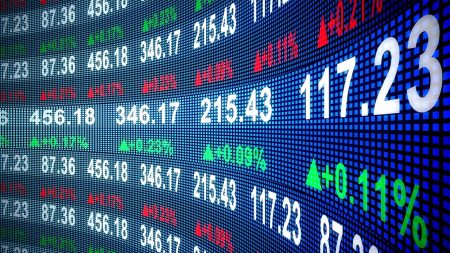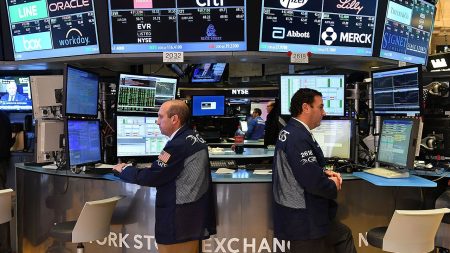Now more than ever, corporations are combing the ends of the Earth to find skilled workers. Unfortunately, they’re coming up short, and it may not just be prospects holding out for better benefits or more flexible hours.
According to a recent analysis, by 2030, it’s likely that more than 85 million jobs could go unfilled globally because there aren’t enough skilled people to take them. In critical industries – like cybersecurity for example, where the explosion of generative AI (GenAI) has created a massive need for talent – the gap between the number of skilled staffers needed and the number available has risen 12.6% year over year worldwide, according to another analysis. And now, there is a whole new level of complexity to add to the equation: sustainability.
More than 40% of Generation Z and Millennial workers plan to change jobs due to climate concerns, as stated in a new survey from Deloitte. That’s a stark contrast for a culture that’s only a few decades removed from worshipping the power tie-wearing, greed-is-good, Gordon Gecko-style antihero. But that is the new reality in which corporations must operate, and it’s just the latest in a laundry list of sustainability-related vulnerabilities that they’ll have to account for.
An Employee Evolution
This trend has already started to take root as Millennials begin to unseat Baby Boomers and Gen Xers as the dominant presence in the global workforce. Over three-quarters (76%) of Millennials said back in 2016 that they consider environmental, sustainability, and governance (ESG) commitments when deciding where to work, a number that likely has and will continue to increase as more corporations put sustainability strategies front and center in their recruiting practices.
Meanwhile, changing social norms have also caused an evolution within the pool of available workers. Gen Z – whose entrance into the workplace was interrupted and permanently disrupted by the COVID-19 pandemic – says the workplace is a critical environment for their social interaction. This group, who only know the era of Zoom calls and Teams meetings, also report lower levels of emotional and social well-being compared with other age groups. Mental health and wellbeing are key components of the S (Social) element of ESG and in addition to the global legal compliance obligations associated with employers’ duty of care, there is also the consideration that lower well-being usually correlates with worse performance at work.
Considering that Millennials and Gen Z will account for over half of the global workforce by 2030, these factors represent a huge departure from how companies have grown accustomed to recruiting. And now, as longtime employees with decades of institutional knowledge are retiring, workers who are starting to assume critical roles in the corporate hierarchy, have very different priorities and skill sets. That creates a perfect storm of challenges for companies looking to not only hire good talent and retain the acquired knowledge of the departing talent, but also define their sustainability objectives and initiatives.
Overcoming the Vulnerability
That’s not to say that corporations can’t navigate their way through this new era. For years, experts and analysts have been warning about the high stakes that are riding on corporate sustainability strategies. This is no different. Those companies that fall short on compliance run the risk of fines, reputational harm, and delays in their supply chains. However, those that can prove their leadership in taking a proactive stance on sustainability have a huge opportunity to not only manage these risks but also to become the employers of choice for the growing crop of talent that’s putting their values at the center of their career journeys.
Throughout that process, clear, quantifiable data will be the critical ingredient that separates the leaders from the laggards. Increasingly, corporate reputations for sustainability will be determined not by advertising campaigns or bold pronouncements about emissions targets, but by a detailed set of performance metrics that will be reported in accordance with the Corporate Sustainability Reporting Directive (CSRD), the Corporate Sustainability Due Diligence Directive (CSDDD) and new global sustainability standards developed by the International Sustainability Standards Board (ISSB).
The new world order of corporate sustainability is one where so-called “green” credentials are being treated like finance and accounting data instead of aspirational ideals. To get to a place where companies can clearly and efficiently report this data and communicate it to key stakeholders – including employees – companies will need excellent reporting, monitoring and – importantly – subject matter experts with enough institutional memory and domain knowledge to understand how all the pieces fit together.
With new legislation cropping up seemingly every day, maintaining that level of commitment to embedding sustainability isn’t easy, but it is well worth the investment. Don’t believe me? Ask the next interview candidate yourself.
Read the full article here












